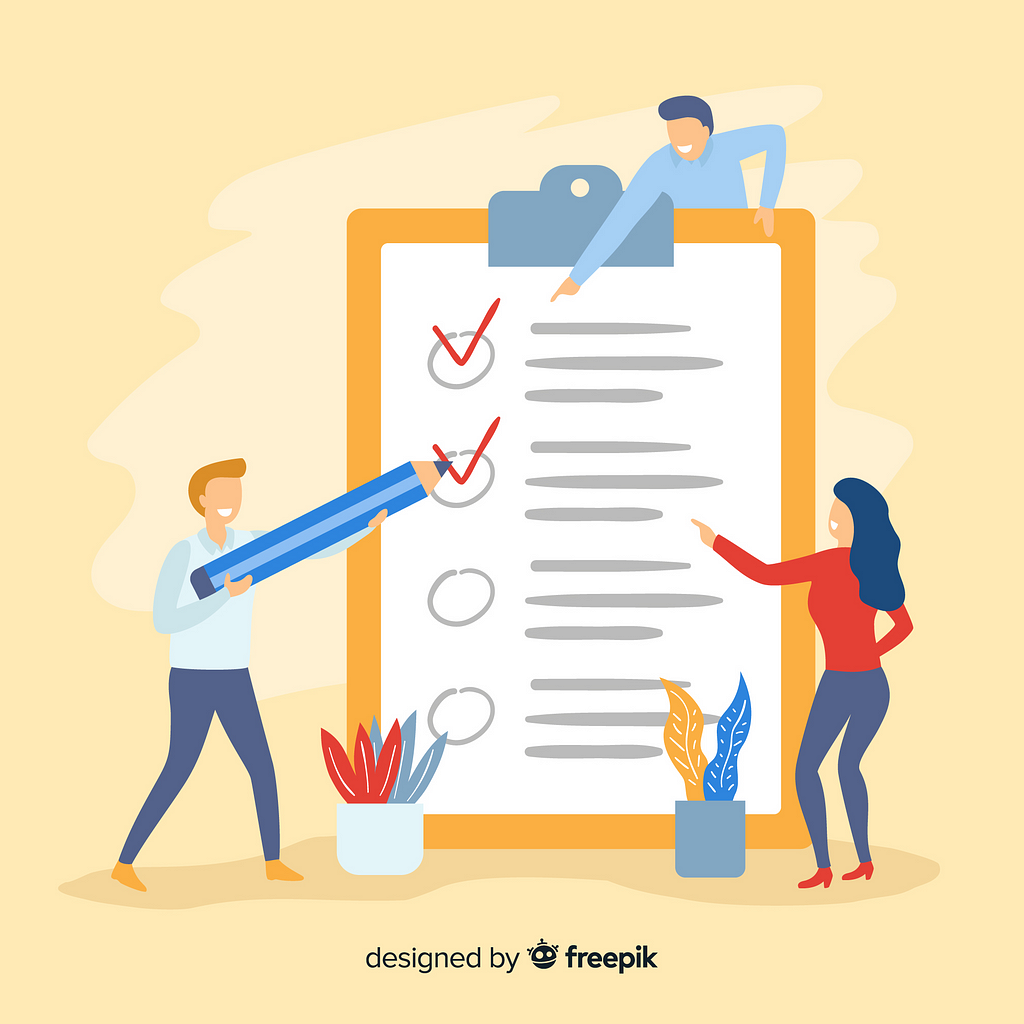
Data Protection Officers (DPOs) are in high demand in Europe. This is because of the rapidly transforming Information Technology standards and practices. Most companies now require a person with the most up-to-date knowledge of IT. Moreover, they are also concerned about the security and privacy of their data, for which they usually look forward to a multi-tasking IT professional. And at present, nobody can execute this role any better, except a Data Protection Officer.

Who is a Data Protection Officer? In any organization, a Data Protection Officer is responsible for performing different roles, such as
- Implementation of data protection and data privacy strategy
- Facilitation of a data protection culture
- Ensuring compliance regarding local data protection regulation and laws
- Management of organizational data management
EU GDPR Requirements Regarding DPOs The European Union’s General Data Protection Requirements (GDPR) puts several requirements regarding DPO appointments in organizations and companies. These include
- Risk/IT-related skills: these require DPOs to offer guidance regarding risk assessments, countermeasures, and impact assessments regarding data protection.
- Legal Expertise & Independence: according to these, DPOs are required to know about data protection law. This implies that DPOs must be licensed lawyers with knowledge of GDPR and other relevant EU laws and regulations regarding data protection (e.g., E-Privacy Directive).
- Leadership Skills: DPOs are also required to have leadership skills as per Article 38.2 of the EU GDPR. The requirement for DPOs to have leadership and project management skill will allow them to execute their roles professionally.
- Executing the Role Without any External Guidance: these require DPOs to have the necessary expertise to perform the responsibilities without requiring guidance from anyone else.
- Communication Skills: DPOs must be experienced enough to communicate in the language of a layman. This will allow them to protect the rights of their data subjects.
- Prevention of Conflicts of Interests: these require DPOs to carry out their duties such that they do not face any conflicts of interest regarding the role of their job.
- Cultural Expertise: It is very likely for DPOs to engage with controllers and processors from different countries. Moreover, they will also be mingling with various business cultures. Therefore, DPOs must have enough experience to deal with varying cultures and environments.
An example of an organization can be taken in this regard, headquartered in the USA, while its retail presence is inside Europe. The contract manufacturers of the organization belong to China, while the IT task is outsourced to Indian IT experts. In this case, the DPO of the organization is required to know about interacting with all of these cultures in a meaningful way.
Key Job Skills for DPOsThe DPO is required to have a significant experience of five-ten years in
- EU and global privacy laws
- IT operations and programming
- Information systems auditing, attestation audits, assessing and mitigating the risks
Next Steps We hope that the above is useful information for you. As we aim to provide you with all the assistance needed to help you realize your dream of pursuing a career in privacy & data protection, we have included in our app the smartest keywords that will boost your resume. Take a look at it! It’s for free ;)
References
- Shaw, T., n.d. What skills should your DPO absolutely have?. [online] Iapp.org. Available at: <https://iapp.org/news/a/what-skills-should-your-dpo-absolutely-have/> [Accessed 6 March 2022].
- Bowcut, S., 2021. How to Become a Data Protection Officer (Updated for 2022). [online] Cybersecurity Guide. Available at: <https://cybersecurityguide.org/careers/data-protection-officer/> [Accessed 6 March 2022].







